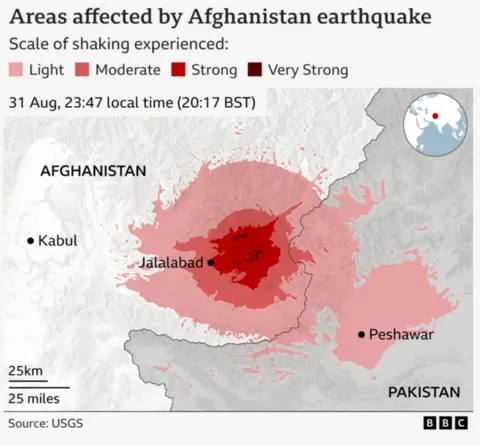The identities of over 100 British officials, including special forces members and MI6 operatives, have been compromised in a significant data breach that has put thousands of Afghan individuals at potential risk of retaliation from the Taliban, according to reports. The full extent of the breach, which was initially kept under wraps by a court injunction, came to light after the order was partially lifted on Thursday by a High Court judge.
The British government had earlier acknowledged that the personal details of nearly 19,000 Afghans, who served alongside British forces during the two-decade-long conflict in Afghanistan and applied for resettlement in the UK, were inadvertently leaked. Many of these individuals face imminent threats to their lives as the Taliban seeks to punish those who assisted foreign military efforts.
This incident was compounded by a "super-injunction" designed to prevent any reporting on its existence, highlighting the sensitivity of the matter. After the breach, a known individual who had been previously denied resettlement was brought to the UK after he posted names from the leaked data on social media, threatening further exposure.
While the Ministry of Defence (MoD) has refrained from commenting on the actions of this individual, it did confirm that all Afghan applicants under the relocation schemes undergo thorough security checks before being granted entry. In response to the breach, the MoD established the Afghanistan Response Route (ARR) to assist those affected, despite many not being informed of the data leak that jeopardizes their safety. The ARR has successfully facilitated the relocation of 4,500 Afghans and their families to the UK, with an additional 2,400 expected to follow at a projected cost of £850 million.
The breach stemmed from an error at UK Special Forces headquarters, where over 30,000 resettlement applications were mistakenly emailed to an external recipient, believed to be a single case instead of the larger dataset. Following the court's action upon the injunction, a subsequent order was issued to manage the release of sensitive information, which has since been mitigated through negotiations between media representatives and the MoD.
Defence Secretary John Healey labeled the incident a "serious departmental error," while recognising it as part of a broader pattern of data loss within the Afghan relocation schemes. Opposition officials, including shadow defence secretary James Cartlidge, have expressed apologies on behalf of previous administrations, raising concerns about the potential ramifications for individuals named in the leak.
As for the Taliban's response, government representatives claimed no actions were undertaken against the individuals affected. However, family members of those named in the breach have expressed growing fears regarding their safety, claiming that Taliban efforts to locate identified relatives had increased following the data leak.
An MoD spokesperson stated that protecting the security of their personnel, especially those in sensitive roles, remains a longstanding priority of the UK government.



















